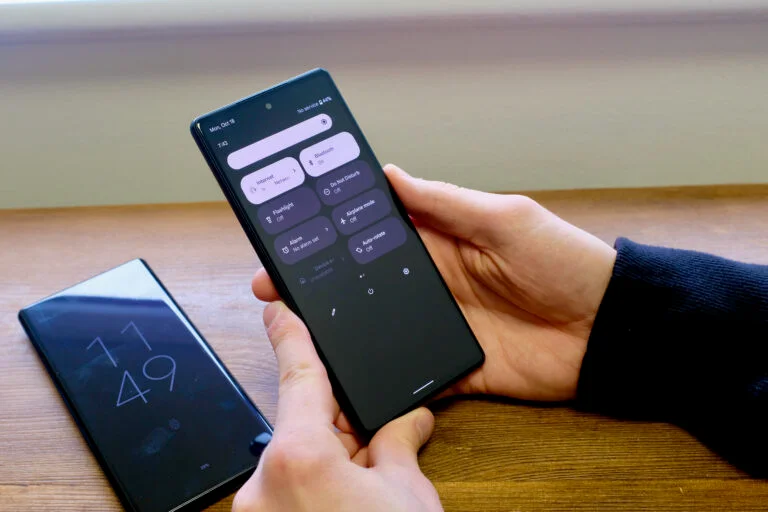Losing your phone while on a trip can be one of the scenarios that you can find yourself in. These days we keep everything in our phones, and it can be rough to go through a situation like this because you not only lose the device, but your privacy can be invaded completely. There are ways to avoid a major privacy breach, even if you lose your phone or it’s stolen on a trip. We’ll cover some of these preventive tips as well.
When your phone is stolen on a trip, what type of personal data is typically going to be the most at risk? In most cases, it’s going to be your social media accounts. Whoever has your phone is going to be able to access those with a click, particularly if you don’t have a proper lock screen mechanism engaged. Luckily, most phones now obligate users to have a lock screen code or face ID. That’s going to limit the amount of damage that most people are going to be able to do.
If someone with the right experience still has your phone, they may be able to hack into the device even with some of these preventive measures. What you need to do is get on another device and make sure that you close the sessions of the apps that you have open on your phone. This can be a real pain in the neck, though, because many email providers and social media sites will require two-step verification via your phone!
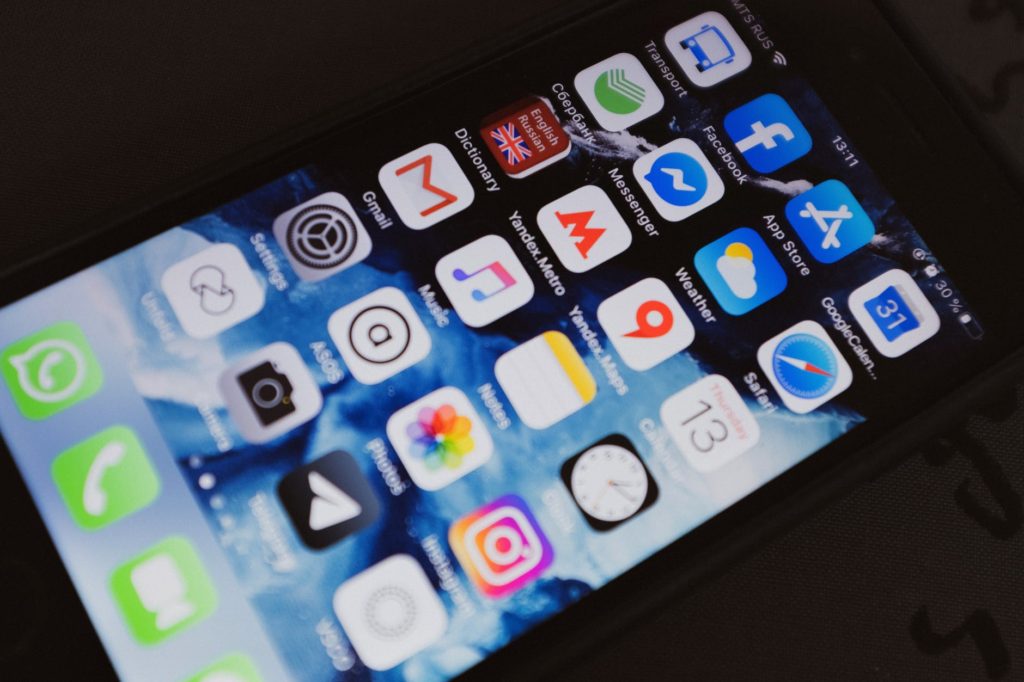
Find Another Device & Access Your Email Accounts
What you’ll want to protect first are your email accounts. Social media may be the first thing people think about because if people can bypass your screen lock, your social media is wide open. However, your email accounts can control access to virtually all of the other accounts that you have. What you can do is change those passwords immediately. One of the biggest issues that you may have is that they’ll ask you for phone verification. There are usually ways to bypass that through security questions.
Once you’ve got those accounts secure then you’re going to want to log into your social media and any other accounts that you know you have logged into your device. This can include your iCloud account. Any cloud can be very useful to recover your data if you lose your phone, particularly if you regularly save pictures, for example, in the cloud. You want to make sure that you have access to that.
How can you find a device to access your account if you’re abroad? In a lot of countries, you can still find cafes and places that have computers that you can access. If all else fails, maybe a library can be a good place to look for a place to access your accounts. Some of these spots may seem really old school, and if we’re being honest, they are much harder to find these days. That’s pretty much what you’ll have to look for if you’re in this type of situation.
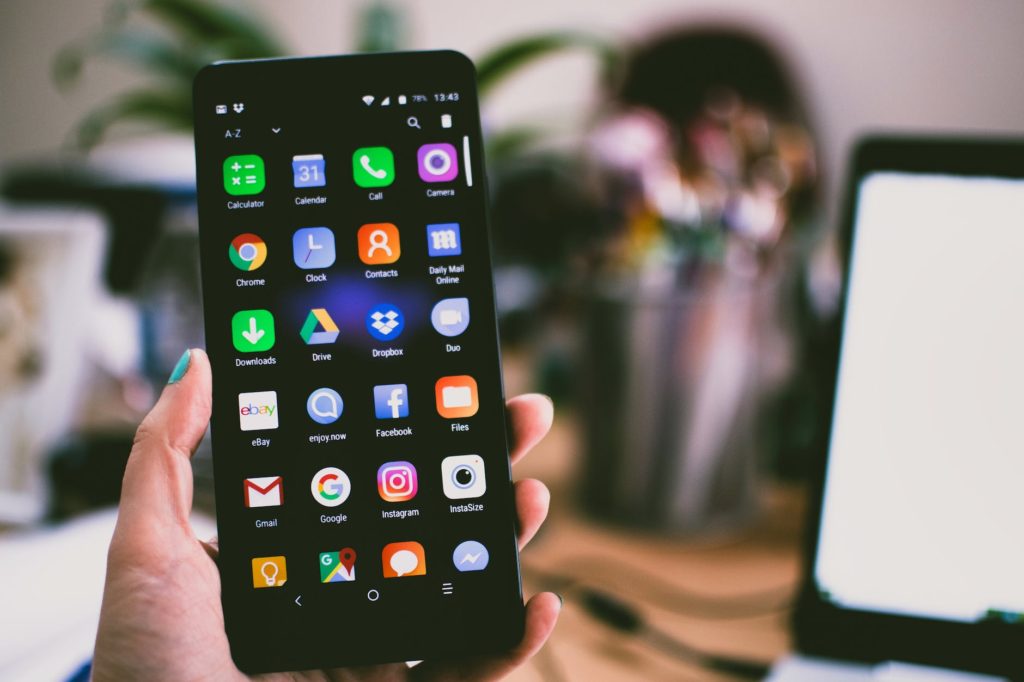
They May Hack Your Accounts if You Don’t Act Fast
This may be a bigger issue if you get your computer or tablet stolen. Most people do lock their phones and it can be harder for people who steal them to actually access the phone itself. With tablets and other devices, people may not be as careful. If you know that you’re one of those people and that the robbers are going to have access to the device, you need to act fast.
The problem is that people who are pickpocketing, for example, which is very common in Europe, have a whole scheme that they run. What they steal, they can get back to their safe houses with the tech people really quickly. Make no mistake about it: if they access your phone and start calling some contacts and asking for ransom payments, they are going to do it.
You need to make sure that one of the first things that you do after securing your accounts is contact the people whom you’ve been texting or calling recently. Those are the people that are going to be most at risk for these scams. It’s a good idea to let them know about the situation before they can be reached by the people who stole your phone. Acting fast is going to be key to minimizing the damage.
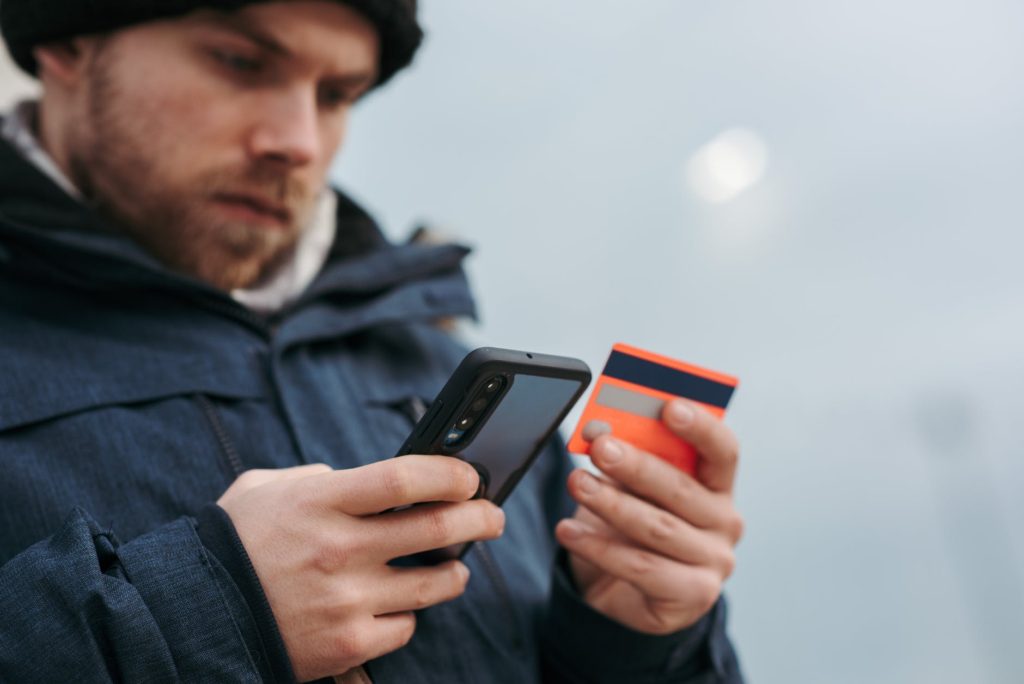
How Safe is Your Bank App?
Your bank app is certainly one of the most concerning apps that could be potentially hacked. For the most part, you’ll be ok if the robbers are not able to access the device. If they are able to access the device, they would still need to crack your password and potentially bypass another form of verification. You could be in a pickle for sure in these situations. If you’re at home, what you’re going to want to do is cancel your cards as quickly as you can; you may not be able to afford that if you’re abroad.
When you’re trying to access your accounts on another device, your banking app is certainly an account that you’ll want to access. You want to make sure that you’re not getting hit with particular transfers that you don’t recognize. If the robbers just have access to your phone, that’s going to be the most common type of issue that you’re going to be dealing with.
People who have direct access to their PayPal account on their devices could be in some trouble. That’s another account that you may want to lock or change the password to. The worst-case scenario is that these robbers get access to your email and are able to lock you out of all of your accounts. They’ll have your number and your email address; that’s a horrible combination.
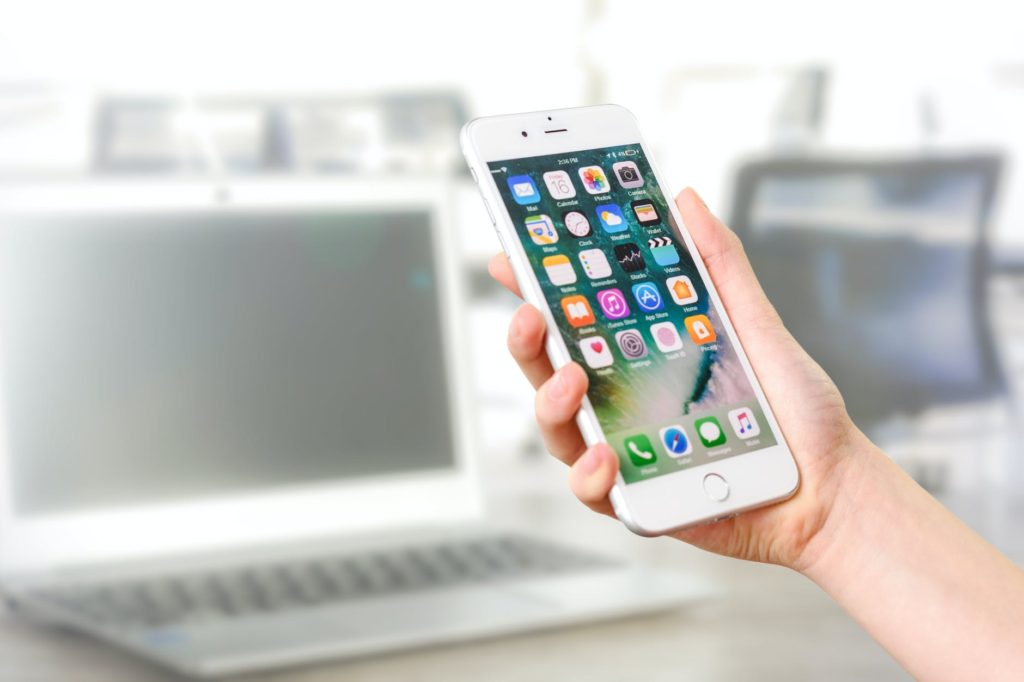
You May Not Have to Worry About Your Apps If Preventive Measures are in Place
A lot of people get the sense that having a Face ID implemented or a number code is just something that cheaters do. You don’t want your partner to have access to your phone, so you put some type of code on it. It’s really the best way to save you from literal identity theft in this type of situation. If you’re robbed of your phone, there’s a whole bunch of personal information that this robber is going to have access to if they can just slide their finger across the screen and unlock the device.
If you don’t have a lock screen code, it could be a good idea to implement one before you travel. It could actually be a bad idea, though, to have two-step verification active, particularly on your email accounts, unless that verification can be bypassed through a security question. Otherwise, you could be in a pickle if you lose your phone and you want to regain access to your account.
These are all things that you could be thinking about before you travel. Obviously, no one wants to have to think about bad things potentially happening. If something does happen, though, you’re going to be really happy that your device is at least locked, and the people who have it won’t have access to your information.
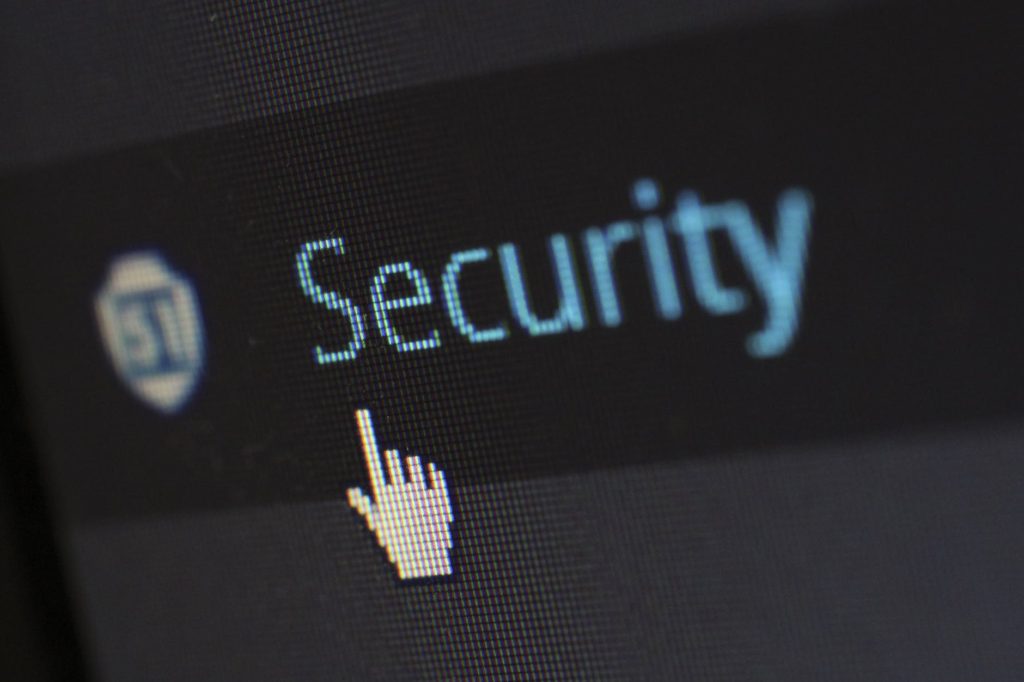
What Will Likely Happen to Your Phone Once It’s Stolen?
People who steal things on the street have a couple of ways to make money off them. As mentioned a lot of times, they have a very complex and swift operation. The people on the street will hand the phone to people in their “IT” department in some warehouse. This is where they’ll try and see if they can access the phone and if they can run some type of scam to get more money out of the transaction.
Many times, they won’t spend too much time trying to see if they can do something with the phone or other device that they stole. That’s especially the case if your device is rather and, therefore, still has a decent market value. In that situation, they may just restore it to factory settings and sell it off. These people are known for stealing 100s of phones a week. There have been stories of these types of criminals operating all over Europe and in many Latin American tourist hot spots.
This doesn’t mean that you can feel completely safe if you’re traveling outside of these destinations. Even if you lose your phone without it necessarily being stolen, you’re still better off logging out of your accounts. There’s a chance that someone with good intentions finds the phone. Unfortunately in that situation, if it’s properly locked, it can be hard for them to try and contact you. In any case, you’d be better off playing it safe and locking your phone accordingly. You just never know what can happen if your device falls into the hands of the wrong people. With the amount of data that we have on our phones, it’s really risky to have bad people see it.
